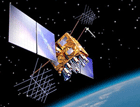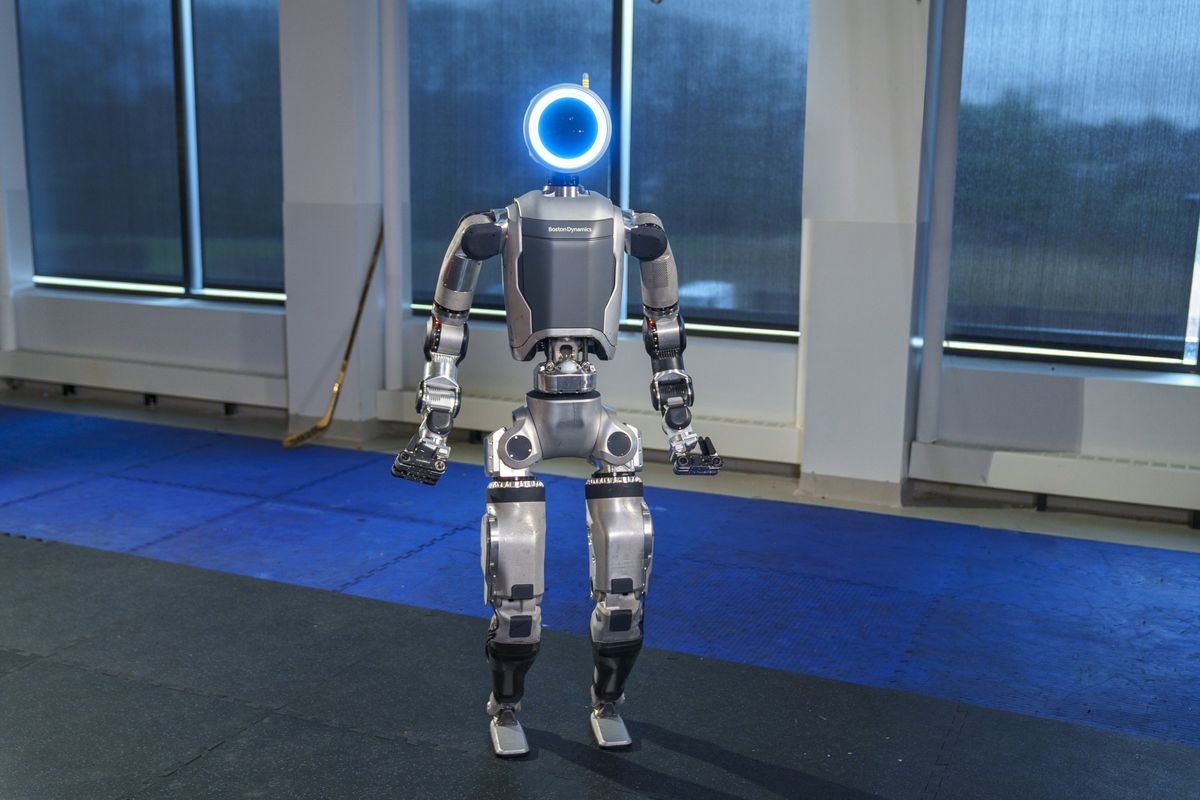In March, I blogged about a UK Royal Academy of Engineering report that looked into society's over-reliance on GPS systems. In the post, I mentioned some incidents of GPS jamming, and one in particular linked to a company by the name of LightSquared.
LightSquared is proposing to create a nationwide integrated satellite-terrestial based voice and Internet data service that, in its words, will "transform the broadband industry to one that truly fosters innovation, creativity, and freedom of choice." In January, the Federal Communications Commission (FCC) approved (PDF) a conditional but controversial waiver to LightSquared to create its new network. The controversy stems from the aforementioned problem of GPS interference, which the FCC required LightSquared to investigate in conjunction with an FCC technical working group as part of its conditional approval.
The potential GPS interference problem has arisen as an issue because of the LightSquared plan to deploy some 40,000 powerful earth-based transmitters operating in the 1525-1559 MHz and 1626.5-1660.5 MHz bands which are close to the 1559-1610 MHz band that GPS operates in. Furthermore, most GPS units in use do not have appropriate filters or signal discrimination to keep them from receiving LightSquared signals.
A Wall Street Journal article a few weeks ago reports that LightSquared admitted that its system could cause interference, but the company also said that it had developed some technology fixes to limit it. That said, LightSquared also vigorously maintains that GPS device makers need to improve their devices. The company claims in a National Journal article last week that it has worked hard to keep its transmissions from "bleeding into GPS bands", whereas GPS devices routinely "look" into the spectrum that LightSquared uses. GPS devices need to be improved instead of constraints placed on its network operations, LightSquared argues.
The WSJ says that the Defense Department, the Department of Transportation, the Department of Homeland Security, and the Federal Aviation Administration among other government agencies have been voicing concerns over LightSquared's new network and the FCC's approval of it. The DoD and DoT have been most outspoken in their concerns.
Others companies, such as the farm equipment manufacturer John Deere, are also worried about LightSquared’s plans. John Deere argues that if LightSquared is permitted to operate, serious damage could be caused to US agriculture because the ability of farmers to implement precision farming techniques that depend on GPS signals would be significantly or totally degraded. GPS device manufacturers are also obviously unhappy with the prospect of redesigning their devices, as are many GPS device owners who might be faced with upgrading their devices if they live anywhere near a LightSquared transmitter.
A GPS interference test in April performed at the White Sands Missile Range in New Mexico seems to support these concerns. The tests reportedly demonstrated a LightSquared transmission "knocked out GPS receivers operating at distances of 600 feet to 185 miles from the company's base station," this story last week at NextGov stated. The story says that few current GPS systems would not be negatively affected by LightSquared transmissions.
One would think that these test results would cause the FCC to immediately rethink its waiver to allow LightSquared to build out its network. There is also strong political pressure on the FCC to reconsider its waiver as well.
However, there are billions of dollars at stake, says the WSJ article. For instance, it reports that:
"LightSquared has signed deals with a number of companies, including Best Buy Co. and Leap Wireless International Inc., to offer wholesale wireless Internet service, and had originally planned to launch limited service later this year. Delays for LightSquared also could be a problem for AT&T Inc., which has cited LightSquared as a viable competitor to regulators in the antitrust review of its $39 billion deal to acquire T-Mobile USA."
This article in Wireless Week provides more background into who Light Squared is lining up to use its network.
A final working group report on the interference tests will be filed with the FCC tomorrow. I don't expect the FCC to instruct LightSquared to stop building its network, but to instead tell the company that it must show in another test later this year that the issues raised in the report have been addressed before the company will be able to offer its services for sale.
I also suspect that Light Squared will argue that it be allowed to use the spectrum furthest away from the what GPS receivers use, until a solution – technical as well as political – can be found.
I’ll keep you posted on what happens.
Update (16 June 2011)
Well, it looks like LightSquared will get another two weeks to present its report on how its proposed network potentially interferes with GPS signals.
According to this Reuters story from last night, LightSquared asked for and was granted the extension to 1 July. The story quoted LightSquared spokesperson Chris Stern as saying that there are 8 different working groups involved in providing inputs to the report, and this is slowing things down a bit:
"We don't have all the data. This is a really complex thing and we want to make sure we get it right."
In addition, LightSquared told the FCC that:
"Based on preliminary test results, LightSquared determined that additional testing, beyond what had been planned initially, including alternative frequency plans to support its network rollout, was necessary to permit a proper evaluation... That testing has been performed, and it has set back the timetable, particularly in some subteams in which data is still being processed and analyzed."
Given the amount of interference so far found (GM voiced its concerns to the FCC on Tuesday about LightSquared interference to its OnStar system), the thinking now seems to be on finding new spectrum for LightSquared. I don't know how feasible this would be for the FCC or LightSquared. Anyone really know?
Update (21 June 2011)
I have posted another blog on LightSquared's proposed solution to this mess here.
Robert N. Charette is a Contributing Editor to IEEE Spectrum and an acknowledged international authority on information technology and systems risk management. A self-described “risk ecologist,” he is interested in the intersections of business, political, technological, and societal risks. Charette is an award-winning author of multiple books and numerous articles on the subjects of risk management, project and program management, innovation, and entrepreneurship. A Life Senior Member of the IEEE, Charette was a recipient of the IEEE Computer Society’s Golden Core Award in 2008.



